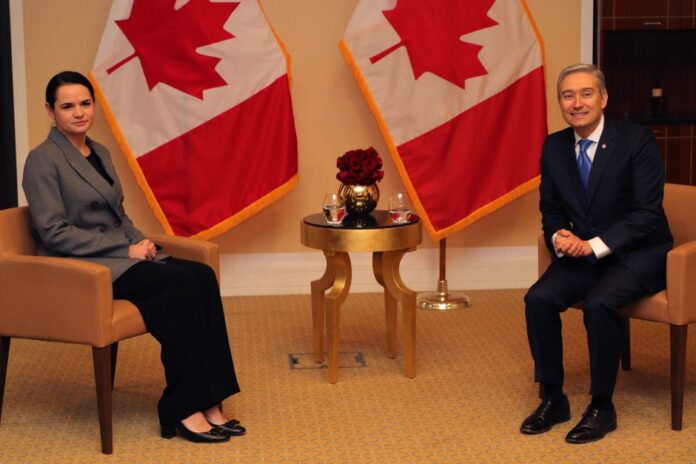
China Collecting Data on Balts
Research emerged a week ago showing that a Chinese company, Zhenhua Data Information Technology, was collecting information on 2.4 million people worldwide, including over a thousand individuals in the Baltic states. “First, you identify your targets and their associates. Next, you scrape data on them, determining whether they are friendly to China’s policies and if they have any secrets worth gaining. Finally, you make an approach to cultivate a relationship,” Anna-Marie Brady, researcher at the US-based Wilson Center think tank, wrote for the Washington Post. The Chinese firm claims that its clients include Chinese defence and intelligence agencies.

Two American researchers were able to recover 10% of the database, which featured 438 names in Estonia, 517 in Latvia, and 504 in Lithuania. All of them are part of China’s 17+1 initiative, according to Brady. The 17+1 initiative is a project started by the Chinese Foreign Ministry to build business ties between Beijing and 17 countries in Central and Eastern Europe, including the Baltic states.
Researchers in the European Union and Lithuania have previously warned that formats such 17+1 aim to undermine the EU’s unity and create opportunities for Beijing to use investment to extract political dividends. Lithuanian officials and intelligence agencies have also said that Chinese investments represent a risk to the country.
There is evidence showing that the data collected also includes criminals who are registered as “special interest persons” and “may be more susceptible to cooperating with foreign intelligence organisations”, wrote Brady. The database “demonstrates the scale of [Chinese President] Xi Jinping’s aggressive foreign policy”.
Canadian Foreign Minister in Lithuania
Canada’s Foreign Minister François-Philippe Champagne met with Belarusian opposition leader Svetlana Tikhanovskaya during his visit to Vilnius on October 16 and pledged to lend support for democratic changes in Belarus.
“You can count on Canadians to be by your side, you can count on me to be by your side and I think you can count on the international community to be with you and the people of Belarus as we seek a more democratic future,” Champagne said as he welcomed Tichanovskaya to a meeting. The minister said Canada was ready to help the Coordination Council, a body created by the former presidential candidate to ensure a peaceful transition of power in Belarus.
“We are very, very pleased to be joining our voice certainly with the Coordination Council and their leader in the next steps that we need now to take and offering an opportunity for the Belarus people a future which is more democratic, which is inspiring, which is going to rally not only the Belarus people but the international community,” Champagne said.
“In our discussions, we were looking at how can Canada contribute in terms of technical assistance, in terms of making sure that the Coordination Council would have the tools and the support necessary to bring about the transition and to provide a future which would be inspiring to the Belarus people,” he added.
Tikhanovskaya said she was grateful to Canada’s authorities for their support, calling Western sanctions against Minsk officials an important message to Alexander Lukashenko’s regime.
“It’s a sign for Belarusian criminals that they are observed by international society; that they have to think twice before committing violence,” she told the joint news conference.
On October 15, Canada announced that it extended its sanctions on the Lukashenko regime for human rights abuses. The Canadian government said the sanctions were coordinated with similar measures announced by the European Union and the United States.
Tikhanovskaya arrived in Lithuania in August soon after she refused to accept Alexander Lukashenko’s victory in the presidential election that is seen as rigged by most European countries. She has met with a number of Western leaders, including German Chancellor Angela Merkel and French President Emmanuel Macron, in recent weeks.
2021 Deficit at 5% of GDP
On October 14, the Lithuanian government approved the 2021 state budget bill submitted by the Finance Ministry. The document states that budget revenue will drop 1.3% next year to 11.385 billion euros. Meanwhile expenses are estimated to grow 21.2% to 15.49 billion euros.
The state budget deficit is estimated at 4.105 billion euros, up 3.3 times from this year (1.248 billion euros), reaching 5% of the GDP The bill will now be debated in the parliament.
With news from BNS, LRT.lt, Delfi.lt





























